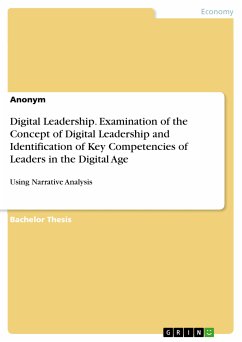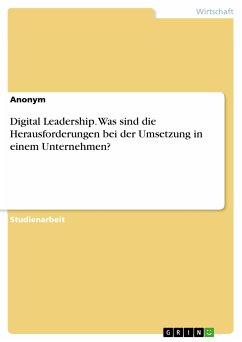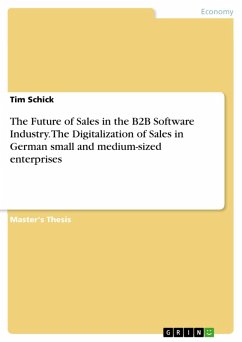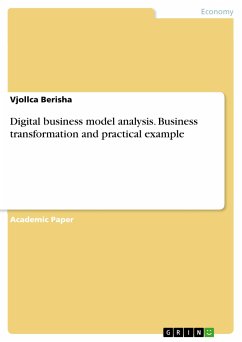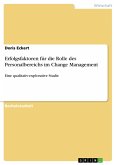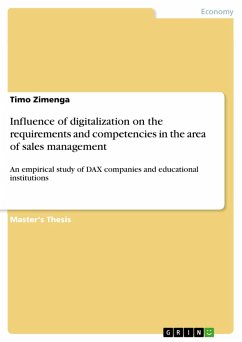Bachelor Thesis from the year 2023 in the subject Leadership and Human Resources - Miscellaneous, grade: 1,1, Dublin City University, language: English, abstract: In today's fast-paced and dynamic business environment of sweeping change, leaders are expected to guide organisations through the turbulent times of digital transformation. To adequately address the challenges leaders face on this journey and to drive forward the digital transformation process of an organisation, digital leadership has emerged as one possible approach. However, the body of literature is still fragmented regarding the definition of digital leadership, its implementation in organisations, and the required competencies of a digital leader, with limited empirical research available. Hence, the primary purpose of this thesis is to examine the concept of digital leadership and its significance in practice and to elaborate on the required competencies for a leader in the digital age. Based on an extensive literature review and eight semi-structured interviews with leaders, this thesis contributes to a better understanding of the concept of digital leadership. The results revealed that the interviewed leaders could not clearly define digital leadership and did not explicitly apply the concept itself as a new leadership style. Instead, it is seen as a buzzword, as digital leadership does not differ from previous leadership but is considered today's leadership. Concerning the competencies of a leader in the digital age, it is worth noting that the classic principles and competencies, such as empathy, appreciation, mutual trust, the ability to deal with conflict and communication skills, remained the same. Merely the tools to be used, the amount of data available and the degree of access have fundamentally shifted, thus, requiring the ability of ambidexterity. Moreover, some fundamental competencies, such as empathy and communication skills, tend to become more pronounced. Nevertheless, leaders in the digital age must possess an open attitude towards change and digital solutions, allowing them to embrace the competencies and new tools in the first place. Overall, digital leadership can be regarded as the new normal.
Dieser Download kann aus rechtlichen Gründen nur mit Rechnungsadresse in A, B, BG, CY, CZ, D, DK, EW, E, FIN, F, GR, HR, H, IRL, I, LT, L, LR, M, NL, PL, P, R, S, SLO, SK ausgeliefert werden.

